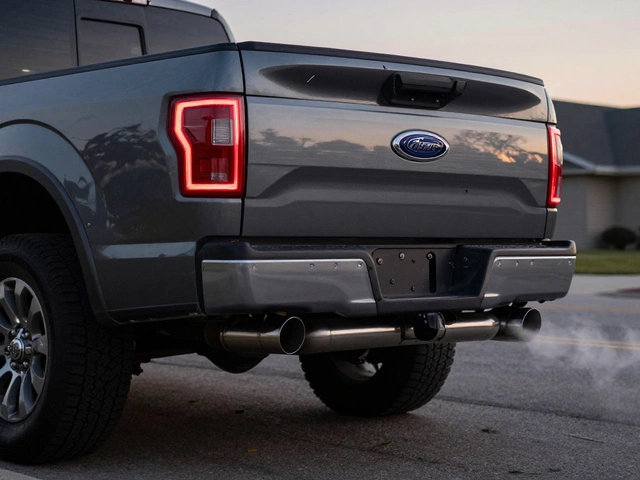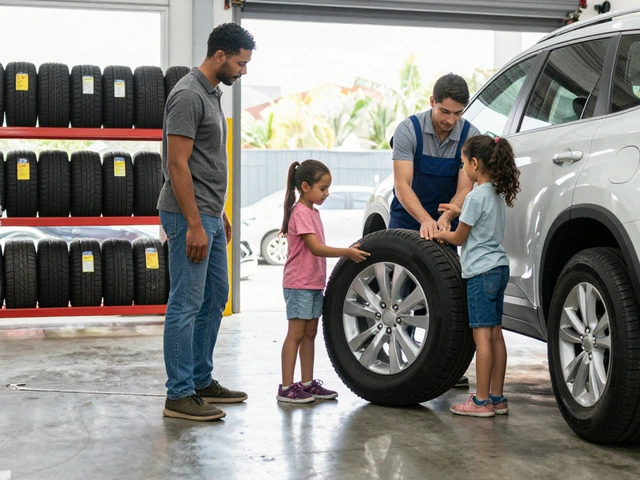
Automotive Parts and Maintenance: Essential Guides for Car Owners
When it comes to your car, automotive, the collection of parts and systems that keep your vehicle moving. Also known as vehicle systems, it includes everything from the engine to the tires—and knowing how they work saves you money and keeps you safe on the road. Whether you’re dealing with a flat tire, a noisy clutch, or an overheating engine, understanding these components isn’t just for mechanics. It’s for anyone who drives.
engine oil, the lifeblood of your engine. Also known as motor oil, it reduces friction, cools parts, and prevents wear. Using the wrong type or waiting too long to change it can lead to costly damage. And no, you don’t need to drive right after adding oil—waiting a few minutes lets it settle properly. Then there’s the car radiator, the system that keeps your engine from overheating. Also known as cooling system, it circulates coolant to manage heat. A leak, a clog, or a failed fan can turn a simple fix into a breakdown. And let’s not forget the fuel pump, the part that pushes gas from your tank to the engine. When it starts failing, your car sputters, stalls, or won’t start at all—often before you see any warning lights. These aren’t random topics. They’re the core issues you’ll face as a car owner, and they’re covered in detail below.
You’ll find real answers here: when to replace a flat tire instead of patching it, how to spot a bad clutch before it leaves you stranded, what OBD2 codes mean when your fuel pump is failing, and why radiator costs vary so much depending on your car model. You’ll learn how long to wait after adding oil, how to tell if your tires are wearing out too fast, and even how to replace a radiator yourself if you’re up for it. No fluff. No jargon. Just what works.
This isn’t a list of theory. It’s a collection of what people actually need to know to keep their cars running—without overpaying for repairs or guessing what’s wrong. Whether you’re fixing something now or just trying to avoid the next problem, the guides below give you the facts you can use today.
-
26 Dec

-
19 Oct

Do I Need to Replace a Flat Tire?
Learn when a flat tyre can be repaired and when it needs replacing, covering costs, safety checks, spare tyre use, and expert advice. -
13 Oct

Common Signs Your Car Has a Bad Clutch - How to Spot Problems Early
Learn the key symptoms of a bad clutch, how to diagnose issues, when to replace parts, and tips to keep your clutch working smoothly. -
30 Jun
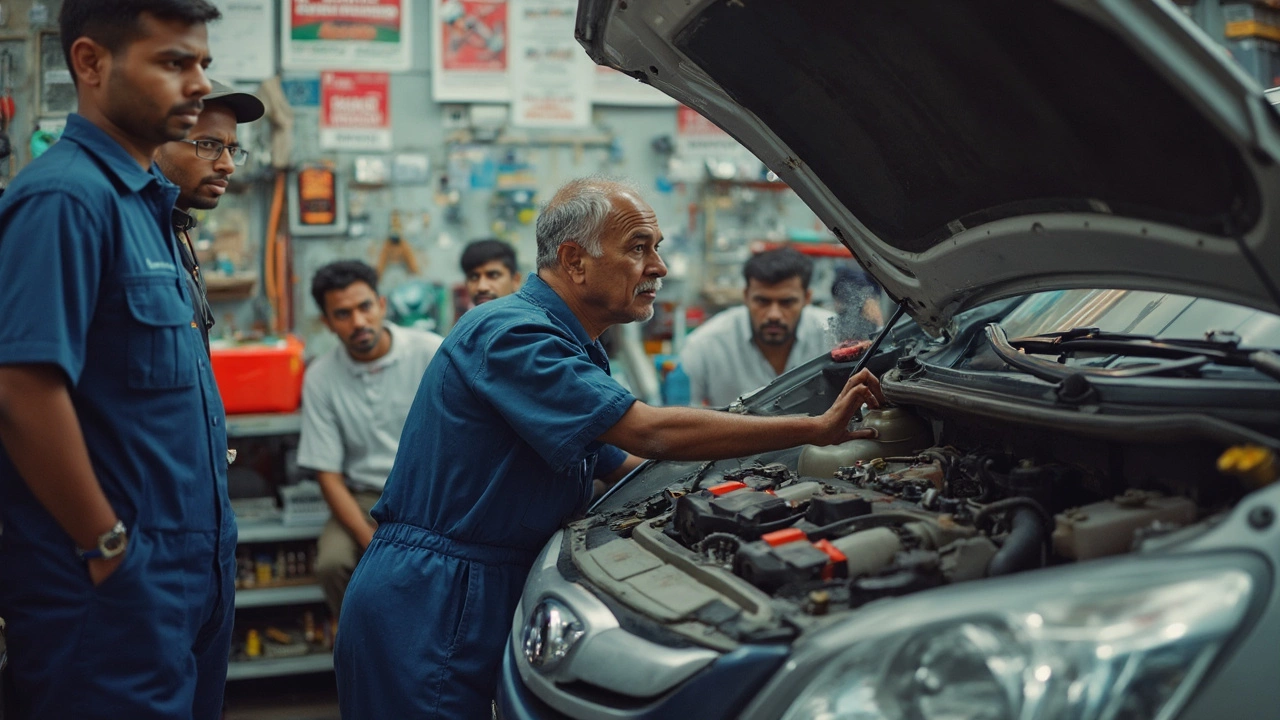
Why Car Radiators Fail: Common Causes & Essential Fixes
A deep dive into why car radiators fail, what causes them to go bad, real-world tips to prevent radiator problems, and smart fixes to keep your engine running cool. -
24 Jun

Bad Fuel Pump Code: What Fault Codes Signal Fuel Pump Failure?
Ever wonder what code will show for a bad fuel pump? This article digs into specific OBD2 codes that pop up when your car's fuel pump starts to fail, explains the symptoms you’ll likely notice, and gives tips on what you should check before replacing anything. Walk away with real advice on what to watch for if you're facing a nasty fuel delivery problem. -
11 Mar
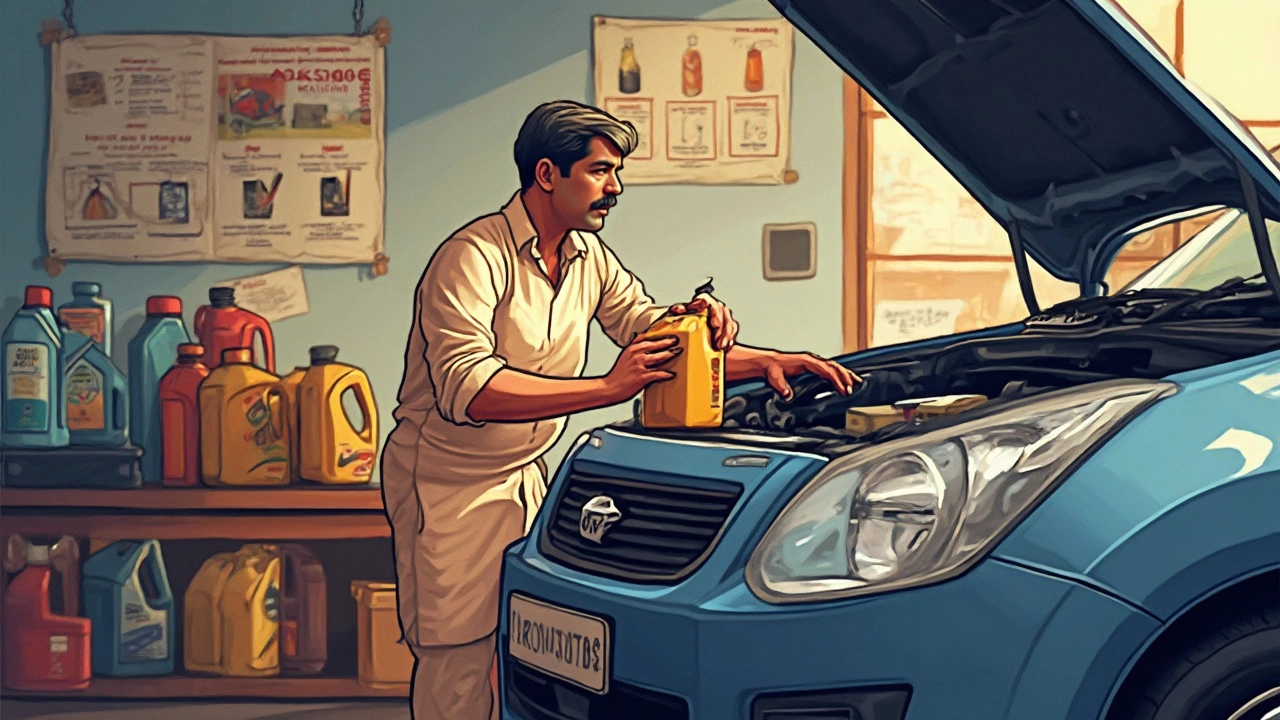
Does Engine Oil Choice Really Matter?
Choosing the right engine oil isn't just a matter of preference—it's crucial for your car's health. Understanding oil types, grades, and manufacturer recommendations can significantly extend your engine's lifespan. This article sheds light on why the oil you choose matters and how it impacts your vehicle's performance. With practical tips and facts, it will guide you to make an informed decision for your car's engine care. -
18 Feb

How Much Should It Cost to Replace a Car Radiator?
Replacing a car radiator can be a significant repair, and understanding the costs involved is crucial for car owners. This article breaks down the average expenses associated with radiator replacement, including parts and labor. It also provides insights into factors affecting costs, such as car model and location. Additionally, it offers tips to potentially save money and maintain your radiator for longevity. Explore this comprehensive guide to make informed decisions regarding radiator replacement. -
28 Jan

Best Time to Drive After Adding Engine Oil
Learning how long to wait before driving after topping up your engine oil can extend your vehicle's lifespan. This article provides insights into the factors that affect this waiting period, including engine temperature and oil type. It offers practical tips for proper car maintenance and highlights potential risks of not following these guidelines. Car owners can enhance their vehicle's performance with these simple steps. -
26 Jan

Understanding MERV 14 Air Filters for Residential Use
MERV 14 air filters, often reserved for commercial settings, are gaining attention for residential use. These filters are known for their ability to capture smaller particles, offering superior air quality. However, despite their benefits, there are important considerations regarding airflow and energy efficiency. This article explores the practicality of MERV 14 filters in homes, providing insights into their function, benefits, and potential challenges. -
21 Jan

DIY Car Radiator Replacement: A Step-by-Step Guide
Replacing a car radiator doesn't have to be a task reserved for trained mechanics. With the right tools and a little patience, many car enthusiasts can undertake this task themselves. This article walks you through the basics of car radiator replacement, helping you understand when and why replacement is necessary, and providing actionable steps to ensure a smooth process. Learn practical tips and avoid common mistakes in this comprehensive guide. -
20 Jan

Maximizing the Lifespan of Your Car Tires
Understanding how long car tires should last can save you money and keep you safe on the road. The lifespan of your tires depends on several factors, including your driving habits, the type of tires, and the conditions of the roads you travel. Regular maintenance and smart driving can extend the life of your tires. With the right care, you can get the most mileage out of each set you buy. -
15 Jan
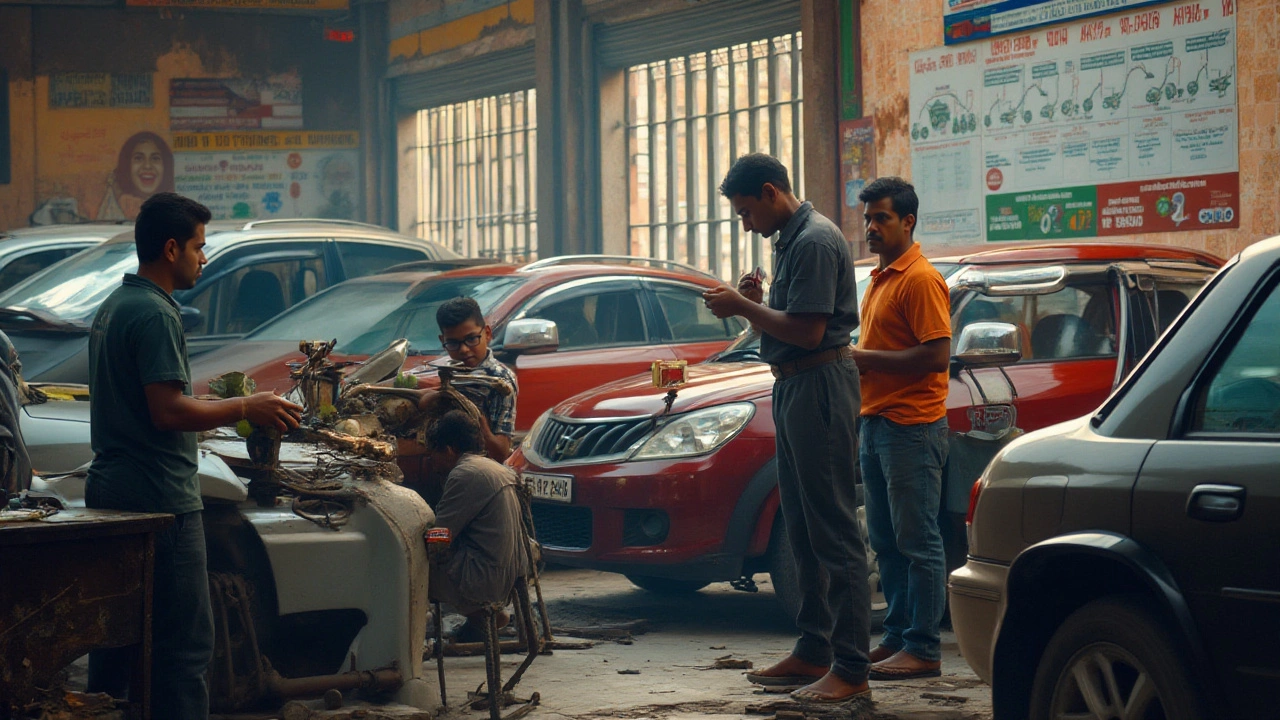
Understanding and Preventing Fuel Pump Failures
Fuel pump failure can leave drivers in a sticky situation, causing their cars to sputter and stall. Understanding the common causes of these issues is crucial for preventative maintenance and avoids unexpected breakdowns. From clogs and contamination to overheating and aging, identifying symptoms early can save time and costs. This article explores typical fuel pump failures, tips for prevention, and when to consult a professional mechanic.




